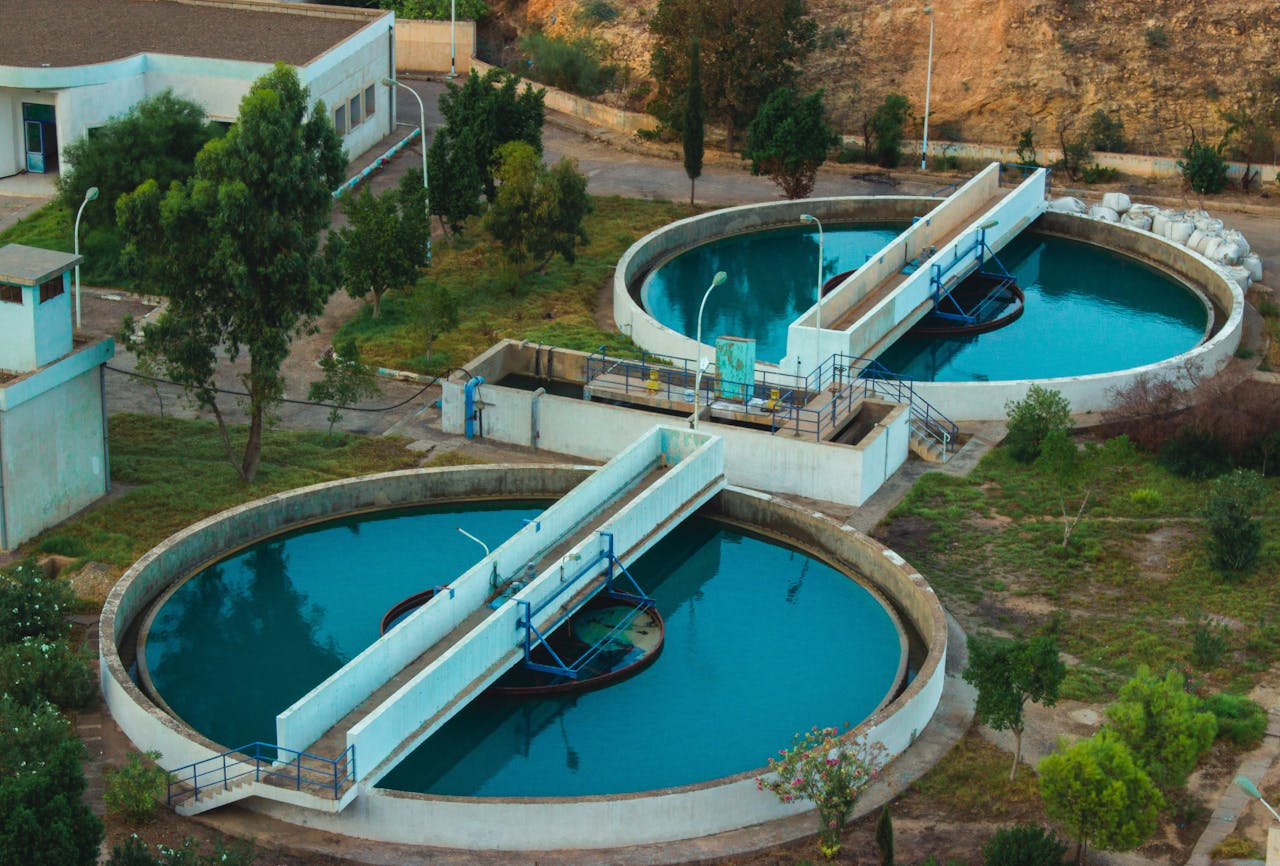Industrial water technology plays a crucial role in manufacturing and production processes. From cooling systems to cleaning applications, water is essential for various industries. However, with increasing environmental concerns, energy consumption, and safety regulations, traditional water treatment and management systems often fall short. Modern industrial water technology addresses these issues, improving efficiency, safety, and sustainability.

Advancements in Industrial Water Technology
Modern industrial water systems are designed to maximize efficiency while minimizing waste. One significant advancement is water recycling technology, which allows industries to reuse water within their processes. This reduces water consumption and the environmental impact of discharges.
Another breakthrough is the development of water treatment systems that use advanced filtration and purification technologies. Reverse osmosis, ultrafiltration, and ultraviolet (UV) disinfection are now commonly used to remove contaminants from water, ensuring that water quality meets industry standards. These systems are not only more effective but also more energy-efficient compared to traditional methods.
Energy-Efficient Water Management Systems
Energy consumption is a major concern for industries that rely heavily on water. Modern water technology focuses on reducing energy use by integrating automation and smart controls. These systems optimize water flow and treatment cycles based on real-time data, ensuring that energy is used only when necessary.
Additionally, renewable energy sources, such as solar or wind power, are increasingly being integrated into water treatment systems. This reduces reliance on fossil fuels and helps industries achieve sustainability goals while keeping operating costs low.
Improved Water Quality and Safety
Water safety is a top priority in industries such as food processing, pharmaceuticals, and power generation. Contaminated water can compromise product quality and worker safety, leading to costly recalls and downtime. Modern water treatment systems ensure that water meets strict quality standards, removing harmful bacteria, chemicals, and toxins.
Technologies like UV disinfection and ozone treatment are becoming more popular because they are chemical-free and effective at eliminating pathogens. These technologies provide a safer alternative to traditional chlorine-based disinfection, reducing health risks and ensuring the water is safe for use in production processes.
Sustainability and Environmental Impact
Sustainability is a critical factor in today’s industrial landscape. Industries are under increasing pressure to reduce their environmental footprint and comply with stricter environmental regulations. Modern industrial water technologies are designed with sustainability in mind.
Water recycling, energy-efficient treatment methods, and low-emission systems help industries reduce water waste, energy consumption, and carbon emissions. By embracing these technologies, industries not only meet regulatory requirements but also contribute to environmental preservation.
Modular Systems for Flexibility and Scalability
Industrial water technologies are evolving to meet the diverse needs of different industries. Modular systems allow businesses to scale their water treatment capacity as needed. These systems can be customized to fit various industrial applications, whether for small-scale operations or large manufacturing plants.
The modular design ensures that companies can easily expand their systems to meet growing demands without the need for major infrastructure changes. This flexibility helps businesses stay agile in a constantly evolving market.
Spenomatic Kenya’s Role in Industrial Water Technology
At Spenomatic Kenya, we are committed to providing innovative industrial water solutions that enhance efficiency, reduce costs, and promote sustainability. Our team specializes in designing and implementing cutting-edge water treatment systems tailored to the specific needs of each client.
We offer solutions that integrate advanced filtration, energy-efficient systems, and renewable energy sources to provide businesses with the tools they need to manage water resources effectively. Our solutions not only meet industry standards but also help businesses reduce their environmental impact and enhance their operational efficiency.
Conclusion
Revolutionary advancements in industrial water technology are transforming how industries manage water. By adopting energy-efficient, sustainable, and high-performance water treatment systems, businesses can improve water quality, reduce operational costs, and contribute to environmental sustainability. Spenomatic Kenya is proud to lead the way in providing innovative industrial water solutions that help industries achieve their goals of efficiency and safety.
FAQs
1. How does modern industrial water technology improve efficiency?
Modern industrial water technologies use advanced filtration, recycling, and smart automation to optimize water use, reducing waste and improving overall efficiency in industrial operations.
2. What are the key benefits of water recycling in industrial systems?
Water recycling reduces the need for fresh water, minimizes waste, and lowers operational costs. It also helps industries meet sustainability goals and comply with environmental regulations.
3. How do Spenomatic Kenya’s water solutions enhance industrial operations?
Spenomatic Kenya provides customized water treatment systems that integrate advanced filtration, energy-efficient designs, and renewable energy sources, helping industries reduce costs and improve performance.
4. How can industrial water technology contribute to sustainability?
By reducing water waste, using renewable energy, and implementing energy-efficient systems, modern water technology helps industries minimize their environmental impact and achieve sustainability goals.
5. What makes modular water treatment systems flexible for industrial use?
Modular systems can be easily scaled and customized to meet the specific needs of different industries. This flexibility allows businesses to expand or adjust their water treatment capacity as demand changes.

